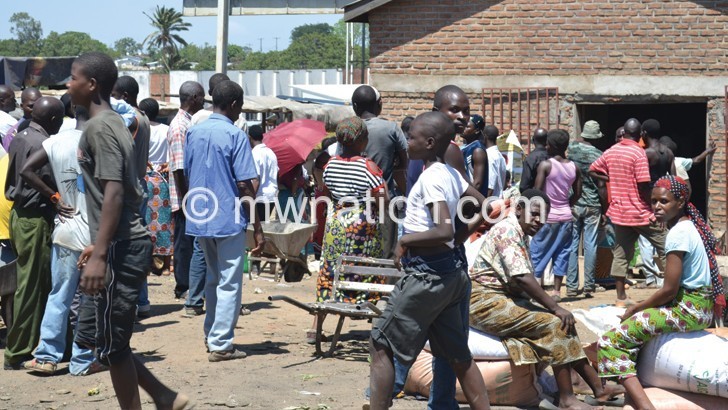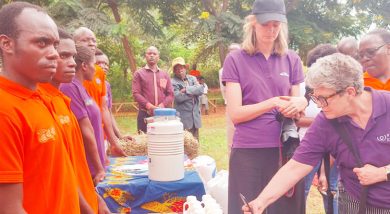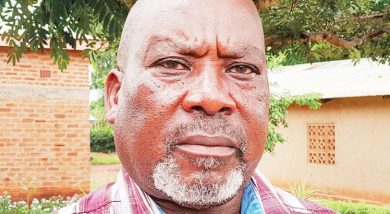Cluster protests increase in Fisp allocation, beneficiaries
The parliamentary Cluster Committee on Agriculture and Natural Resources has expressed disappointment with the increase in allocation to the Farm Input Subsidy Programme (Fisp), saying the project is not pro-poor.
The committee said this yesterday when it summoned Ministry of Agriculture, Irrigation and Water Development to explain how they will use the Fisp allocation in the proposed 2018/19 National Budget.

The legislators urged the ministry to reduce Fisp beneficiaries and allocation instead of increasing it.
The ministry has been provided a K151 billion budget in the proposed 2018/19 National Budget, of which K42 billion has gone to Fisp. The number of beneficiaries has also increased from 900 000 to one million, which the committee says is unrealistic.
In an interview after meeting the officials, the committee co-chairperson Joseph Chidanti Malunga said they will keep pushing for the abolishment of the programme.
He said: “Our stand as a committee is that the allocations for this programme should decrease. Last year, K33 billion was allocated to benefit 900 000 farmers. We have been lobbying for a reduction of this, but we are surprised that this year the number of beneficiaries and the allocation has increased. We think the programme has outlived its life.”
Malunga added that if the programme had not been politicised, it could have changed people’s lives but now it is benefiting undeserving people.
But Secretary for Ministry of Agriculture, Irrigation and Water Development Grey Nyandule Phiri said the increase in allocation was necessitated by the dry spell and floods which the country experienced in this growing season.
“Even the [one] million is not enough. We have increased the number because in the 2017/18 growing season we experienced dry spells and floods which left people with nothing, so by increasing we want to reach out to more,” he said.
During this year’s pre-budget consultation meetings in March, various stakeholders called for the abolishment of the programme, arguing it drains the public purse and has not produced the intended results.
The stakeholders proposed that funds meant for Fisp should be injected in other priority areas such as irrigation and industrialisation.
In the 2016/17 National Budget, Fisp was allocated K33 billion while in the 2017/18 fiscal year, it was allocated K33.15 billion. The number of beneficiaries was however reduced from about 1.5 million households to 900 000.





